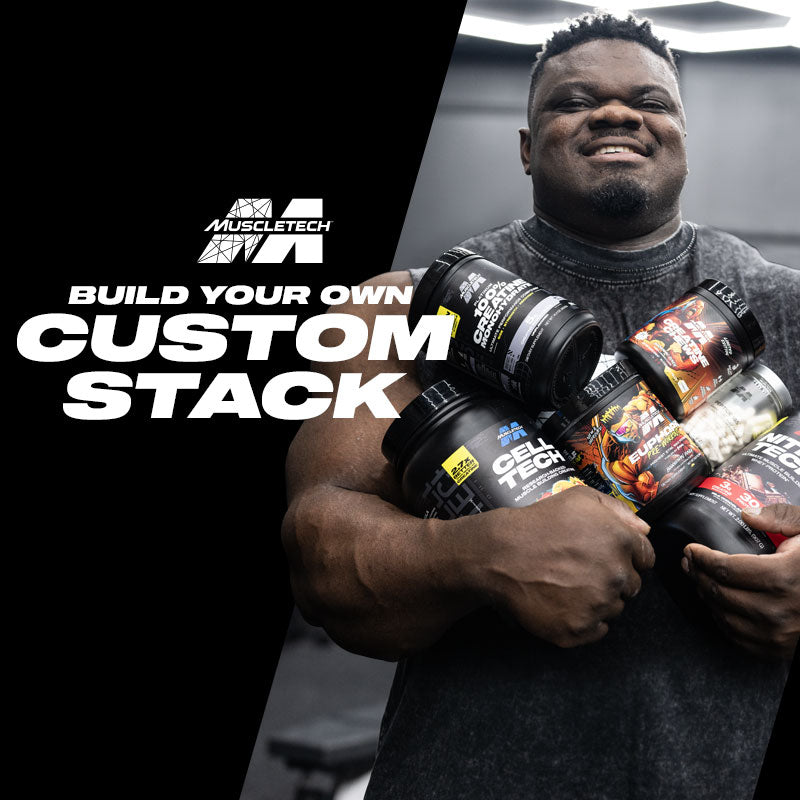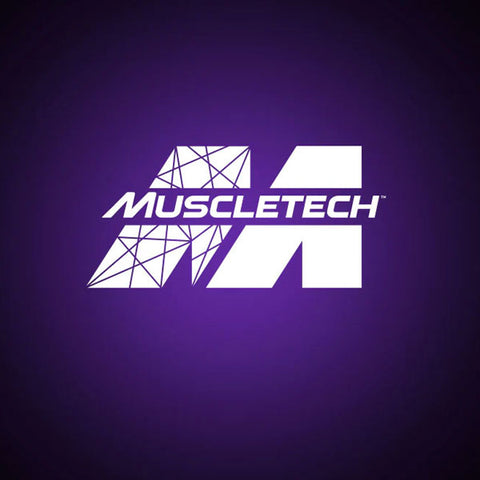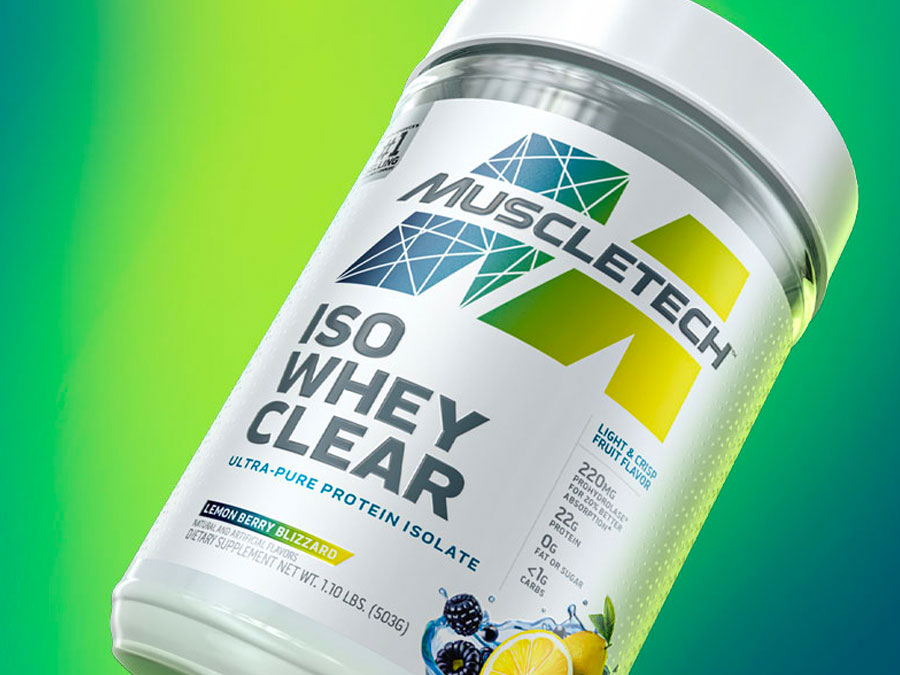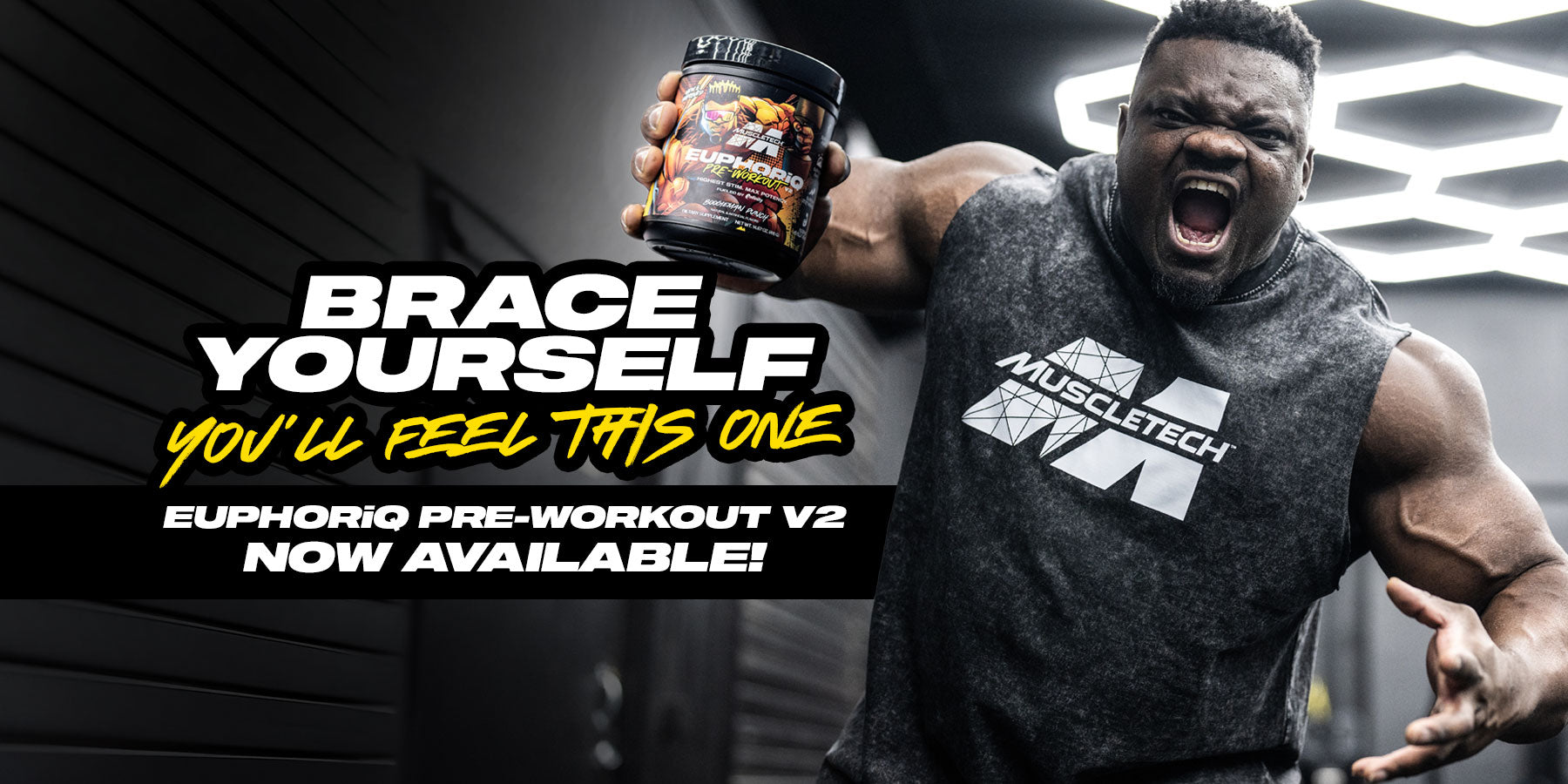While you might be tempted to skip your post-workout meal, it’s important to replenish the nutrients that you lost during your workout. By consuming carbohydrates and protein after your workout, you’re giving your muscles the ability to replenish the glycogen that was just lost through training and are also helping your tired muscles rebuild and repair with the available protein and amino acids.
So, let’s take a closer look at what you should be eating before and after your workout sessions, as well as when you should be consuming these foods for optimal performance.

Pre-Workout Nutrition
When it comes to pre-workout nutrition, fueling your body with carbohydrates, protein, and fat will give you the energy and strength that you need to maximize your performance. You should aim to eat a pre-workout meal with these three macronutrients two to four hours before exercising.
However, if you don’t have that much time and are planning on eating 45 minutes to an hour before your workout session, then you should focus on consuming foods that contain mostly carbs and protein. It’s also a good idea to pick foods that are easy to digest. And don’t forget about pre-exercise fluids, which can help to prevent dehydration.
Also Read: Gaining Muscle & Losing Fat
Carbohydrates
The majority of nutrients in your pre-workout meal should come from carbohydrates since carbs immediately fuel your body. Your muscles use the glucose from carbs for fuel and glycogen is the way that your body processes and stores glucose. During short, heavy exercise, your glycogen stores are your muscles’ main source of energy and might even be the only energy source for the working muscles.
Protein
Protein rebuilds, repairs, and makes sure that the right amino acids are available for your muscles. While some protein should be consumed before your exercise session, you don’t require a significant amount of protein since it takes longer to digest and isn’t needed immediately for your workout. Some other benefits of consuming protein before exercise include a better anabolic response, increased muscle protein synthesis, increased strength and lean body mass, increased muscle performance, and improved muscle recovery.
Fat
Fat is the source of fuel for longer and moderate-to-low intensity exercise. However, the amount of fat that you consume should be somewhat limited in order to minimize the potential for stomach problems.
Pre-Workout Meal Options
You should try to eat your pre-workout meal two to four hours before hitting the gym and aim to consume up to 1,000 nutritious calories. A sample breakfast that you can eat is scrambled eggs (or an omelet), whole-grain toast that’s topped with avocado, and a cup of fruit.
If your workout is super early in the morning and you don’t have a lot of time to get ready before it, try to consume about 300 to 400 calories. You can make yourself a whey protein shake using MuscleTech’s Grass-Fed 100% Whey Protein or have Greek yogurt with berries.

Proper Post-Workout Nutrition
Whenever you exercise, energy stores (glycogen) are depleted, muscle tissue is damaged, and fluids are lost through sweat. Then as soon as you’re done working out, your body tries to rebuild its glycogen stores and repair and regrow those muscle proteins. Your body’s ability to rebuild glycogen and protein is actually enhanced after you exercise, which is why you should consume a combination of carbs and protein immediately following your workout. By refueling right after your training session, you’ll help your body recover quicker and prepare for your next session.
Recovery Nutrition: Protein, Carbs, and Fat
The same way that protein, carbs, and fat play a major role in pre-workout nutrition, these macronutrients are also extremely important post-workout.
Protein
Since muscle protein breakdown occurs after exercise, consuming an adequate amount of protein after a workout gives your body the amino acids that it needs to repair and rebuild these proteins. After a workout, it’s recommended that you consume 0.14 to 0.23 grams of protein per pound of body weight shortly after your training session ends.
Carbs
Consuming carbs after your workout will help to replenish the glycogen stores that were used as fuel during exercise. In order to achieve proper glycogen resynthesis after training try to consume between 0.5 to 0.7 grams of carbs per pound of body weight.
Carbs and Protein
Consuming both carbs and protein after exercise can maximize protein synthesis and glycogen synthesis as insulin secretion is better stimulated when carbs and protein are consumed at the same time. By consuming a 3 to 1 ratio of carbs to protein you can enhance glycogen storage and muscle protein synthesis.
Fat
While fat might slow down the absorption of your post-workout meal, it will not reduce its benefits. So, the main takeaway when it comes to consuming fat post-workout is that a limited amount of fat in your post-workout meal likely won’t affect your recovery.
Healthy Post-Workout Foods and Meal Ideas
Brown rice, sweet potatoes, lean proteins, chocolate milk, fruit, nut butters, quinoa, oatmeal, pasta, whole grain bread, eggs, Greek yogurt, salmon, chicken, avocado, protein bars, and trail mix are all good post-workout foods to consider consuming after exercise.
Some healthy post-workout meal ideas are boneless (and skinless) chicken breast with brown rice, grilled salmon with sweet potatoes, or oatmeal, whey protein, banana and almonds. And if you feel like you can’t eat after your workout session, drink your nutrition with a post-workout protein shake instead.
Visit our Shop to Buy the Best Body Building Supplements
Read Our Top Read Content:








